In today’s global market, sourcing oral care products is no longer just a matter of price. While minimizing cost is a natural objective, focusing solely on the cost-effectiveness of price without considering quality, compliance, and reliability can lead to long-term risks for oral care brands. A strategic approach to oral care sourcing—especially one that embraces value-based purchasing—can protect brand reputation and ensure consistent product performance.This article explores what happens when brands prioritize low price over quality, and why a balanced approach to sourcing oral care products is essential.
When procurement focuses only on cost, quality is often the first casualty. In the oral care category, products like electric toothbrushes, flossers, and whitening kits must meet strict dental product standards. Compromising quality can result in:
Product malfunctions or defects
Inadequate plaque removal or gum damage
Customer dissatisfaction and negative reviews
If your supplier doesn’t meet the expected cost vs quality balance, the short-term savings can lead to long-term brand damage.
Suppliers offering unusually low prices may skip critical certifications, or fail to meet the regulatory requirements of key markets. This creates legal and operational headaches:
Non-compliance with dental product standards
Customs clearance issues
Risk of product recalls or bans in certain countries
An OEM partner with proper certifications ensures your brand’s reputation and operational continuity are protected.
One of the most overlooked procurement risks is lack of transparency in the supply chain. Low-cost suppliers may:
Change sub-suppliers without notice
Use unverified materials
Deliver inconsistent batches
These risks not only affect product reliability but also expose your brand to liability. That’s why oral care sourcing decisions must include rigorous due diligence, not just price comparison.
There is a major difference between being cost-efficient and being cost-focused. Value-based purchasing evaluates total cost of ownership, not just unit price:
Does the supplier have after-sales support?
Are returns or defects minimized?
Will the product meet customer expectations for performance and durability?
Choosing the right manufacturer may cost more upfront, but the reduction in warranty claims, customer churn, and rework costs delivers stronger ROI over time.
Oral care products are directly related to health and hygiene. A single defect in a toothbrush motor or non-compliant plastic in a mouthwash cap can result in massive PR damage. If consumers associate your brand with “cheap” rather than “trusted,” regaining market confidence becomes costly—if not impossible.
Avoiding that outcome requires sourcing oral care products from a supplier that shares your commitment to quality and consistency.
To future-proof your business, consider a strategic sourcing framework:
Evaluate suppliers based on cost vs quality, not just lowest bid
Require full documentation and testing to meet dental product standards
Work with an oral care OEM with proven R&D and manufacturing capability
Align sourcing decisions with long-term brand goals, not just quarterly budgets
This is how global brands build reliable, scalable, and profitable oral care product lines.

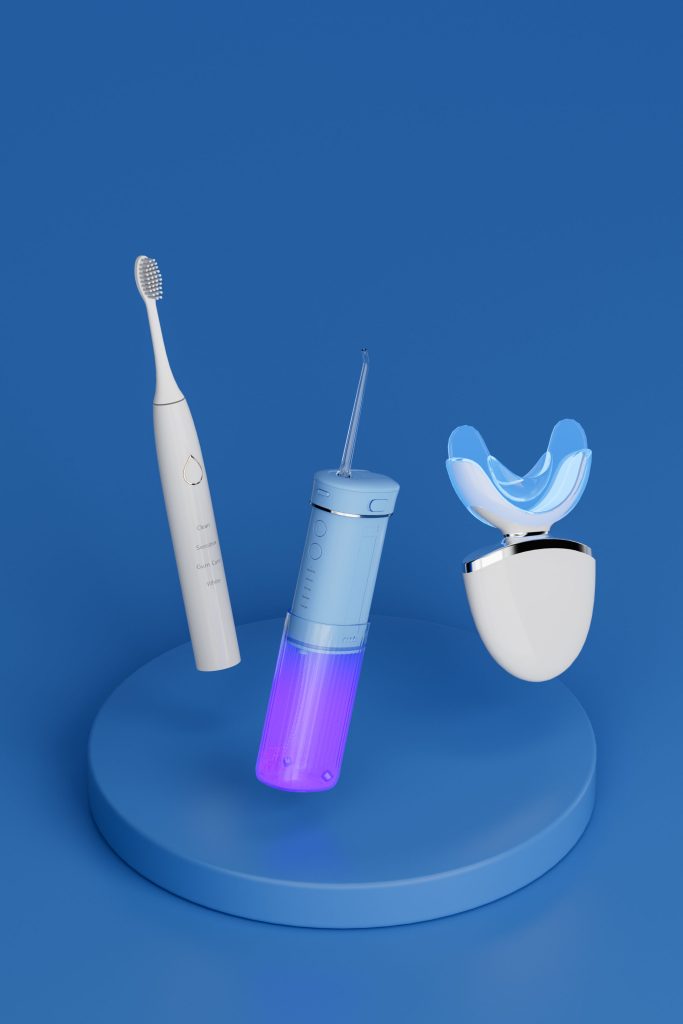
While price is an important factor in procurement, relying solely on the cost-effectiveness of price leads to serious risks—from non-compliance and product failure to lost customer trust. A successful approach to sourcing oral care products involves balancing cost, quality, reliability, and long-term brand value.
Make sourcing decisions based on value-based purchasing and select partners who understand both manufacturing and your brand’s positioning in the market. The right supplier is not just a vendor—they are a strategic partner.
-3-scaled.png)
Home vs. Professional Red and Blue Light Teeth Whitening Devices: Wavelength Stability and Energy Density Comparison

Five Key Points in Quality Control of Blue Light Teeth Whitening Device: How to Ensure LOW Defects in Products?
.jpg)
Corporate Gift Electric Toothbrush Wholesale
.jpg)
How does wireless inductive charging technology make charging simpler and more elegant?
.jpg)
Kids Electric Toothbrush Hyderabad | Fun & Gentle Care
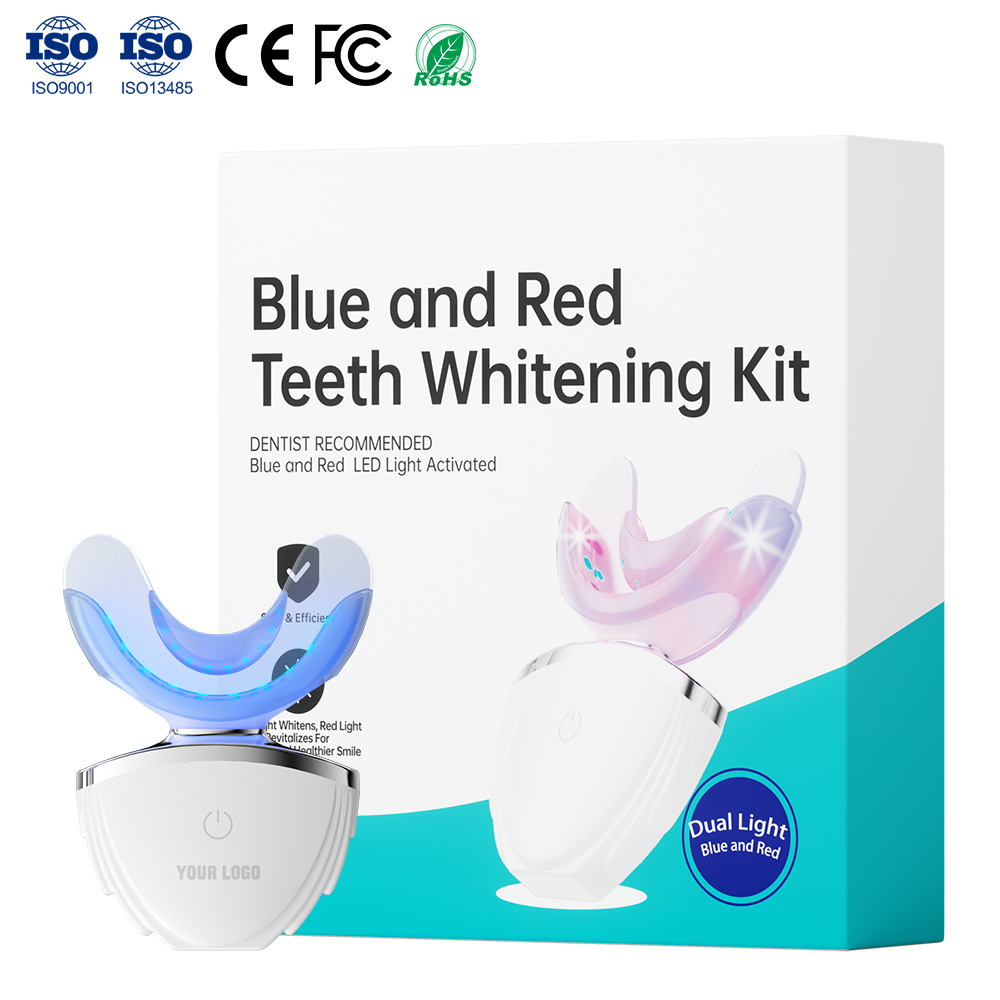
Can an Accelerated Whitening Solution Also Be an Enamel Safe Formula?

Multi-Function Electric Toothbrush Benefits for Family Oral Care
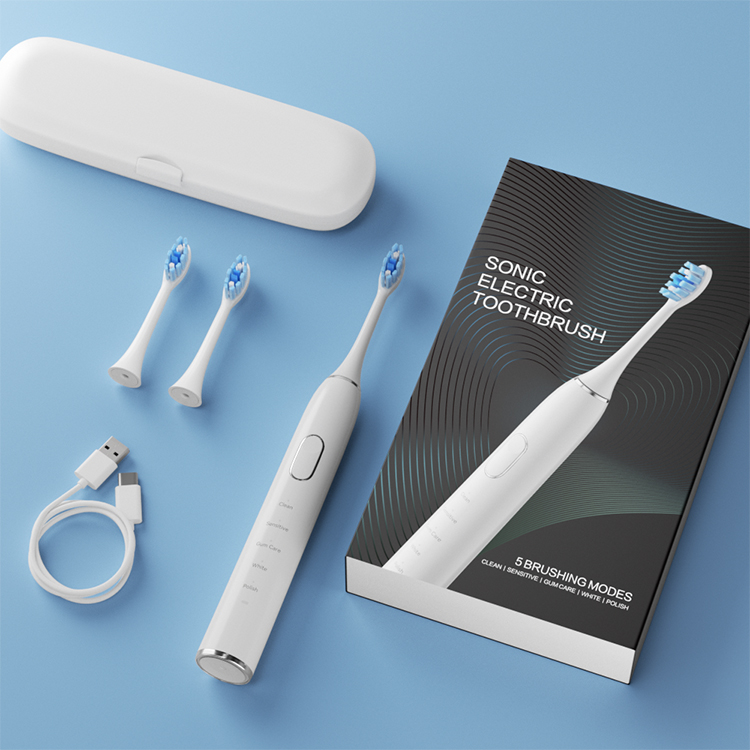
What Charger Do You Need for an Electric Toothbrush? OEM Factory Answers
.jpg)
Electric Toothbrush Ecommerce Bundle Wholesale | Complete Oral Care Sets
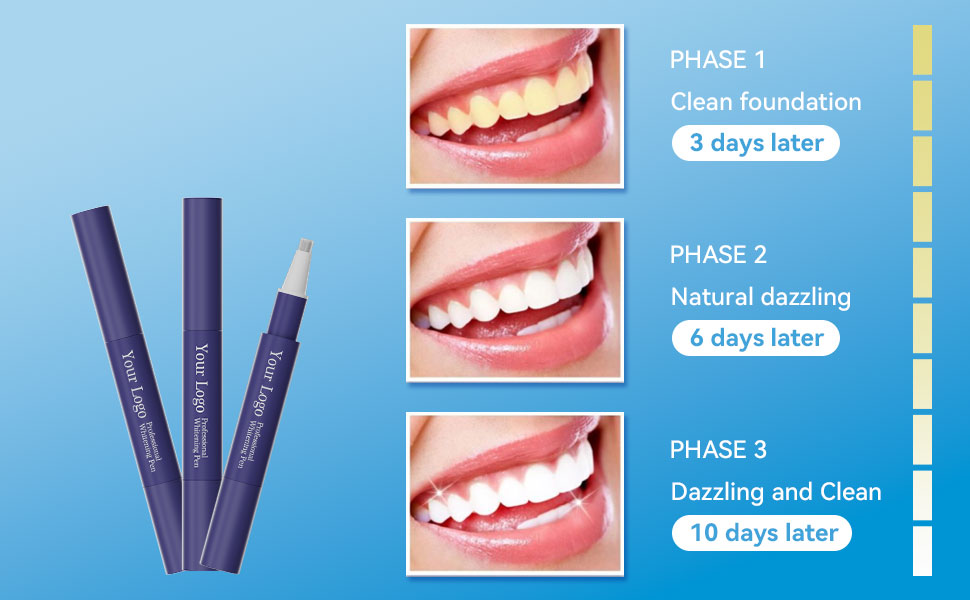
Can hydrogen peroxide whiten teeth?
.jpg)
Graduation Gift Sonic Toothbrush Houston
.jpg)
Smart Toothbrush with Bluetooth Bulk

How Much is the Quality Difference Between Different Materials of LED Teeth Whitening Devices?

Need Water Flosser OEM Manufacturing for a New Cordless Water Flosser Manufacturing Line?
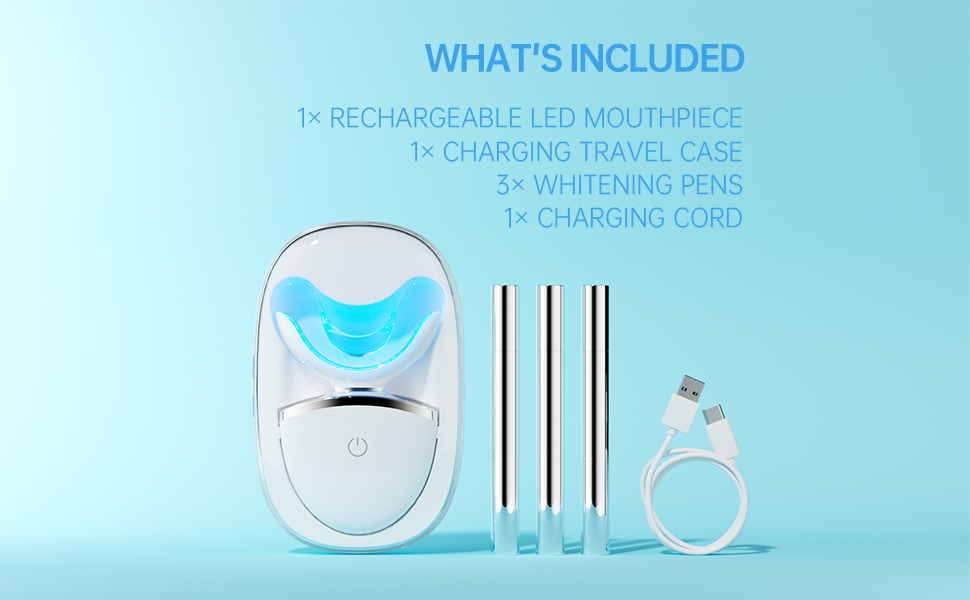
Can a Wireless Whitening Kit Integrate Foam from a Teeth Whitening Foam Manufacturer for Innovation?

USB-C Rechargeable Brush Dying on Trips? Portable Toothbrush Case Saves Your Smile!